New here?
If you’ve just signed up, thank you and welcome to Messy Work! It’s great to have you here.
My name’s Lucia and I’m a London-based writer and coach. I like to ponder life’s big questions and get to the bottom of all our funny ways, for which there are rarely easy answers or quick fixes (and that’s precisely the fun of it).
This newsletter is all about celebrating the process of reflection and self-enquiry, accepting our humanness and, ultimately, enjoying life.
I’d love to get to know you too, so drop me a comment if you’d like to say hi 👋
Libras are known for being indecisive. The shadow side of our love of balance and harmony, and ability to see things from multiple perspectives, it often leaves us overwhelmed by choice. Throw in our romantic sensibilities, keen eye for the finer things, and strong sense of justice, and we find ourselves in even more of a pickle—always wanting the outcome to be the loveliest, the fairest, or the shiniest.
At least, that’s my excuse for taking ten minutes to decide which sandwich (or salad???) I want in Pret.
My mother will tell you that I have always been this way. Scrutinising restaurant menus and wringing my hands over whether I want pasta or pizza, agonising over precisely which shade of denim jacket (I have six) goes best with my outfit.
Food and clothes are my Achilles’ heel, but my indecision shows up in other ways too: weighing up which route will be the most scenic on my morning walk (inevitably choosing the same one I do every day), debating between evening yoga and morning yoga, dithering over whether I should clean the house or relax, going back and forth on whether I want to go out on a Friday night or stay in (stay in).
Interestingly, I find it much easier to make decisions on a macro level (e.g. quitting a job, going freelance, moving to a new city). While not impulsive—I might take a few weeks or months to mull something over—there’s rarely any need for a pros and cons list. I just know what to do, and go ahead and do it.
It seems my indecisiveness is triggered by choice. Too much of it sends me into a tizz. But if I’m listening to my intuition, I don’t perceive that there is a choice. Only the difference between being happy or unhappy, fulfilled or unfulfilled. Then there’s no question about it.
Which type are you?
Maybe you’re the opposite. You approach the sandwich display with speed and purpose, but are discombobulated by a job offer.
Either way, there’s no denying that life requires us to make lots of decisions. Especially these days, when we have more choice than ever before—from where we eat lunch, to where we get our news, to whether we want to work for ourselves or be monogamous.
And I know from speaking to several readers off the back of my last post that many of us are facing a particularly pivotal time in our lives. In our early twenties, our most pressing quandary was whether to pay for the cloak room. Now, it’s choices that will significantly impact the trajectory of our lives.
In many ways, this is exciting—and it’s liberating to have more freedom than generations before us. But of course, that’s the paradox of choice; it can also be hard to know which way to turn. No one prepped us for this in school and advice from our friends and family, although well-meaning, isn’t always helpful.
So how do you make decisions?
While I haven’t yet cracked the lunch order, I have learned a lot about the art of decision-making from coaching (and plenty of trial and error in my own life).
Infuriatingly, a (good) coach will never tell you what to do. At first, this can be frustrating. And yes, life would be much easier if someone could appear before us with a “This way” sign.
Yet ultimately, it’s much more satisfying, empowering and effective to make a decision yourself. You’re far more likely to quit your job—and feel good about it—if it’s a solution you’ve come up with (think about it: when you told your friend you thought they should dump their toxic boyfriend, did they actually do it?).
When you know yourself, you’ll know what to do
Every decision is an opportunity to get to know yourself (and the more you do that, the easier it gets to make decisions).
While there’s no set formula for self-knowledge or decision-making, I’ve built up a toolkit of perspectives (Big Libra Energy) that I’ve found to be helpful—both personally and working with clients or talking to loved ones.
I think of them as different lenses through which to view a decision. You might hold all of them up to the light, or you can pick and choose your specs (sorry, another decision) depending on what’s most relevant to your situation.
4 perspectives for making decisions
1. Values
How does this align with or honour my values?
Working out your values is one of the best ways to get to know yourself better.
Values are beliefs or ideals that are important to you, which underpin pretty much everything in life—from which romantic partner you choose, to why your lazy coworker pisses you off so much. When we live a life that’s aligned with our values, we feel content and fulfilled. When we (or someone/something else) are not honouring our values, we tend to feel dissatisfied, unhappy or drained.
Having a list of core personal values (scroll to the end of this post for my process on how to work them out) comes in handy when you’re faced with a big decision, as you can measure how different outcomes stack up against what’s most important to you.
Personally, I find this much more helpful than a pros and cons list, which skews decisions in favour of quantity. When in fact, that one con might outweigh ten pros. Values, on the other hand, are all about quality—helping you live a life that’s spiritually nourishing, not just good on paper.
Note: if identifying your values is one decision too many, simply ask yourself “What’s most important to me right now?” It’s a simple but impactful question.
2. Vision
How will this help me get to where I want to be?
I’ve never had a five-year-plan, as in my experience, life usually has another one. So in the same way I prefer “intentions” to “resolutions”, I prefer “vision” to “plan”.
Having a vision is basically having an image or story of where you’d like to be in a few years’ time. And if you think manifestation is woo woo, think again; neuroscience shows us that vision setting works.
Your vision doesn’t have to be really rigid or specific. It might just be the kinds of qualities or feelings you’d like to have in your life (softness and slowness, adventure and excitement, etc.). There are several ways you can approach it. For example:
Creating a vision board
Writing a short bio about yourself, as if you were being profiled in a magazine
Describing your ideal day
Checking back in with this vision when you’re making a decision can be a powerful reminder of what you’re working towards, and which choice will best feed it.
3. Strengths
How will this allow me to shine/grow?
“Only you know what’s right for you” can be pretty frustrating to hear when you’re making a decision that could impact the rest of your life, but it’s a platitude for a reason. We are all unique combinations of genetics, experiences and drivers, meaning “right” looks different from one person to the next. Enter another oft-used phrase “play to your strengths”.
At the beginning of my coaching training, I really struggled with confidence. We were encouraged to take on practice clients right away, and I felt like a massive imposter. Who was I to call myself a coach? What value could I bring? Did I even know what I was doing?
Chatting this through with one of my fellow trainees, he shared a reframe that I still use to this day, in lots of areas of my life. Rather than telling myself “I’m a great coach”, he suggested I ask “What makes me a great coach?” then list a few traits that are unique to me. I’d reel off these four words before each session, and it worked wonders to tune out my inner critic.
As a freelancer in a competitive industry, I also find it helpful for staying in my own lane and not getting distracted by what other people are doing.
When applied to decisions, having this clear picture of your own attributes, strengths or gifts can make it easier to see what might work for you—and help you grow—versus what might work for someone else. This is especially useful in the age of social media, where we’re constantly and confusingly comparing ourselves to others.
4. Intuition
How does it feel?
Intuition is generally our best and most reliable source of truth when it comes to making the “right” choice. However, it’s not always easy to discern what “right” feels like.
Intuition is easily confused with instinct, because it has that visceral quality—a “gut feeling”. But whereas instinct is an animalistic mechanism geared towards survival, and driven by fear or desire, intuition works on a cognitive and emotional level, drawing from our subconscious.
That’s why romantic relationships can be so confusing; we might follow our instinct to run away or cling on, when deep down, our intuition is telling us to do the opposite
Working on that deeper level, intuition can be hard to access. Overstimulated by tech and the busyness of modern life, we create a lot of noise in our nervous systems and spend a lot of time in our heads, disconnected from that inner wisdom.
So if you’re facing a dilemma but can’t work out what’s intuition or fear/desire, it can help to tune back into your body. Try to separate thoughts, feelings and sensations. Notice where they are happening in your body: your head, your heart, your gut? Or even your soul?
Intuition is like a muscle we can strengthen and flex, so the more we practice this checking in, the faster we can access it. Activities that rely on mindfulness (like meditation, movement or art) or tease out the subconscious (like journalling, keeping a dream diary or an associative exercise like Tarot) will also strengthen your intuition.
What if there are no bad decisions?
I see these four lenses as fundamental pillars of self-knowledge, but there are many other frameworks and theories you could apply to decision-making.
My final thought, though, is this: maybe there are no bad decisions. Only different routes, majestic failures, and lessons learned.
Sometimes, the best way to stop wrestling with a decision is to liberate yourself from the belief that there is only one way forwards. When we do away with this perfectionism, we can hold decisions more lightly, celebrate the abundance of choices available to us, and get curious about what we feel most drawn to.
Perhaps life is simply a big, beautiful mess of interwoven threads and criss-crossing paths, all of them leading you to exactly where you need to be.
Over to you
How do you approach decisions? I’d love to hear some alternative perspectives. Meet me in the comments (or having an existential crisis in Pret).





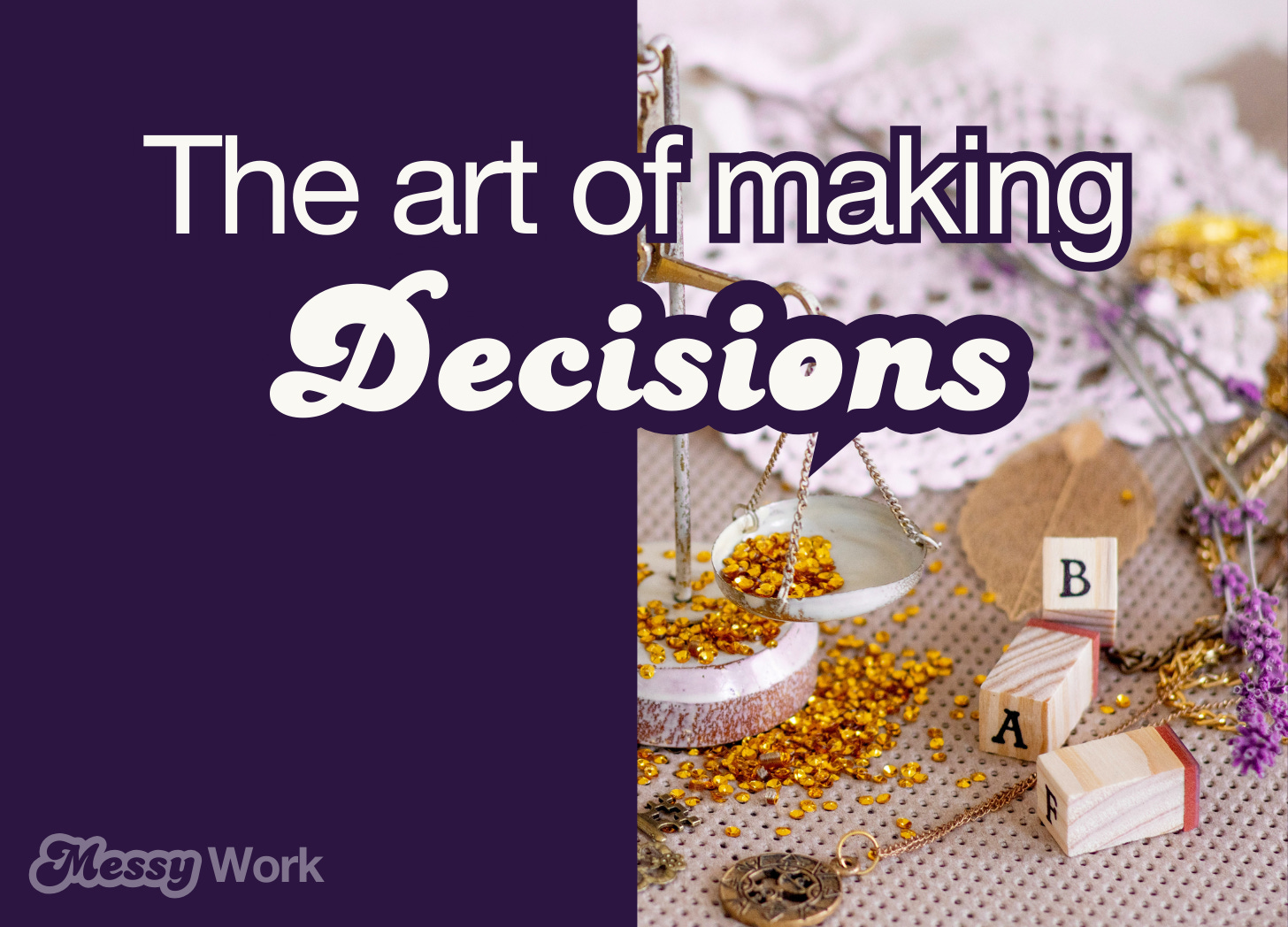

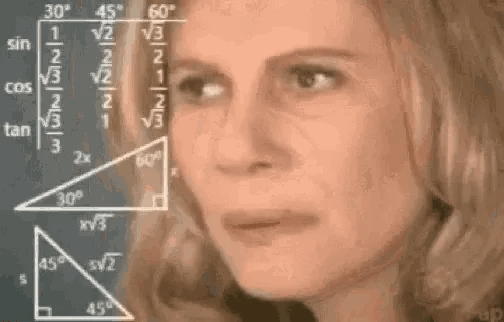
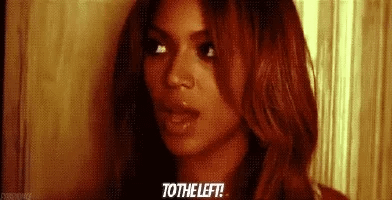

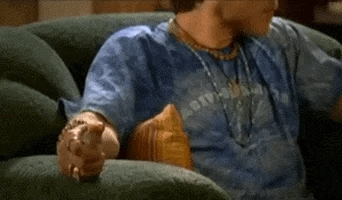
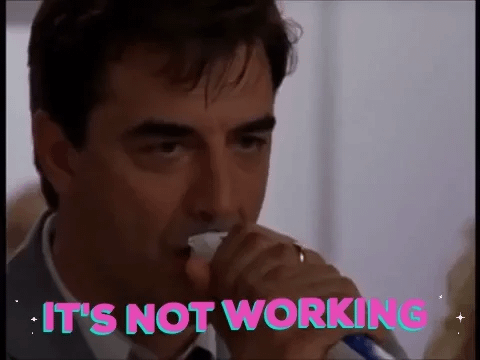
I really love this, this is a brilliant guide to help making decisions.